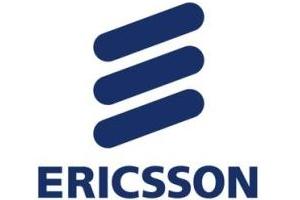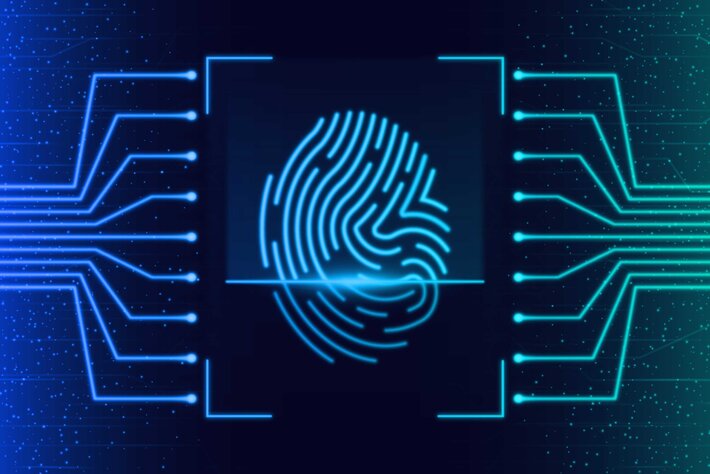Ericsson has committed to developing Ericsson Emergency Wallet, a mobile financial services solution, for deployment in the immediate aftermath of disaster or crises to support humanitarian organisations and affected populations.
The Ericsson Emergency Wallet solution will be designed for use in emergency situations where financial infrastructure is lacking. It will enable the distribution and use of digital funds by relief workers and impacted populations, which can help address issues such as safety, expense and traceability that are associated with handling cash.
Many of Ericsson’s humanitarian partners have requested digital financial services solutions for emergency situations. There is an urgent need for an Emergency Wallet solution, as mobile financial services, including mobile money and mobile wallets, are among the quickest, safest, and most efficient ways of extending the benefits of basic financial transactions to people who need them.
David Miliband, president and CEO, International Rescue Committee (IRC) said, “Digital payment mechanisms are essential to delivering effective cash transfers to address the large scale humanitarian needs caused by today’s crises. However, only 30% of countries facing severe humanitarian emergencies have digital payments infrastructure to support scaled-up response. The IRC welcomes efforts such as the Ericsson Emergency Wallet solution to close this gap.”
Ericsson presented its intentions at the World Humanitarian Summit, in support of the United Nations’ Connecting Business Initiative. The solution demonstrates the potential of Information and Communication Technology (ICT) to transform humanitarian response.
It builds on Ericsson’s Technology for Good initiatives and the company’s experience in developing scalable mobile financial service solutions.
The solution design and prototyping is co-funded via the Level One Project from the Bill & Melinda Gates Foundation
Elaine Weidman-Grunewald, vice president, Sustainability and Corporate Responsibility, Ericsson, said: “Ericsson has a long-standing commitment to humanitarian response – for example, our employee volunteer program, Ericsson Response, has supported 40 missions in over 30 countries during the past 15 years.
“In partnership with the Bill & Melinda Gates Foundation, we are helping to build a new ecosystem that creates better opportunities for global financial inclusion. This unique combination of partners will be a powerful catalyst for bringing mobile financial services to humanitarian relief efforts everywhere.”
Peter Heuman, head of M-Commerce at Ericsson said: “Ericsson Emergency Wallet builds on our expertise in deploying mobile financial services in emerging markets. The solution enables a method of money transfer that is mobile which allows for a quicker, safer and more cost-effective way for the humanitarian organisations to distribute digital aid in disaster areas.”
 The emergency wallet is an important part of a broader public-private commitment to the Level One Project – an effort to bring everyone into the formal economy by providing digital financial services to all.
The emergency wallet is an important part of a broader public-private commitment to the Level One Project – an effort to bring everyone into the formal economy by providing digital financial services to all.
Kosta Peric, deputy director of the Financial Services for the Poor initiative for the Bill & Melinda Gates Foundation, said: “We recognise that Ericsson is committed to delivering a digital financial services platform to improve humanitarian response. The partnership around the Level One Project works for beneficiaries and humanitarian organisations in times of greatest need.”
Launched at the World Humanitarian Summit, held May 23 to May 24, 2016 in Istanbul, Turkey, the Connecting Business Initiative is a multi-stakeholder initiative led by the United Nations International Strategy for Disaster Reduction (UNISDR), Office for the Coordination of Humanitarian Affairs (OCHA) and United Nations Development Programme (UNDP). With a focus on disaster risk reduction, emergency preparedness, response and recovery, the initiative aims to support the creation and strengthening of effective models for public-private partnerships and business engagement, and to scale and replicate those models in high-risk countries and regions.
Ericsson is also committed to working actively with Connecting Business Initiative networks globally to provide technology solutions and employee expertise in support of disaster and humanitarian response.
Comment on this article below or via Twitter: @IoTNow_ OR @jcIoTnow










